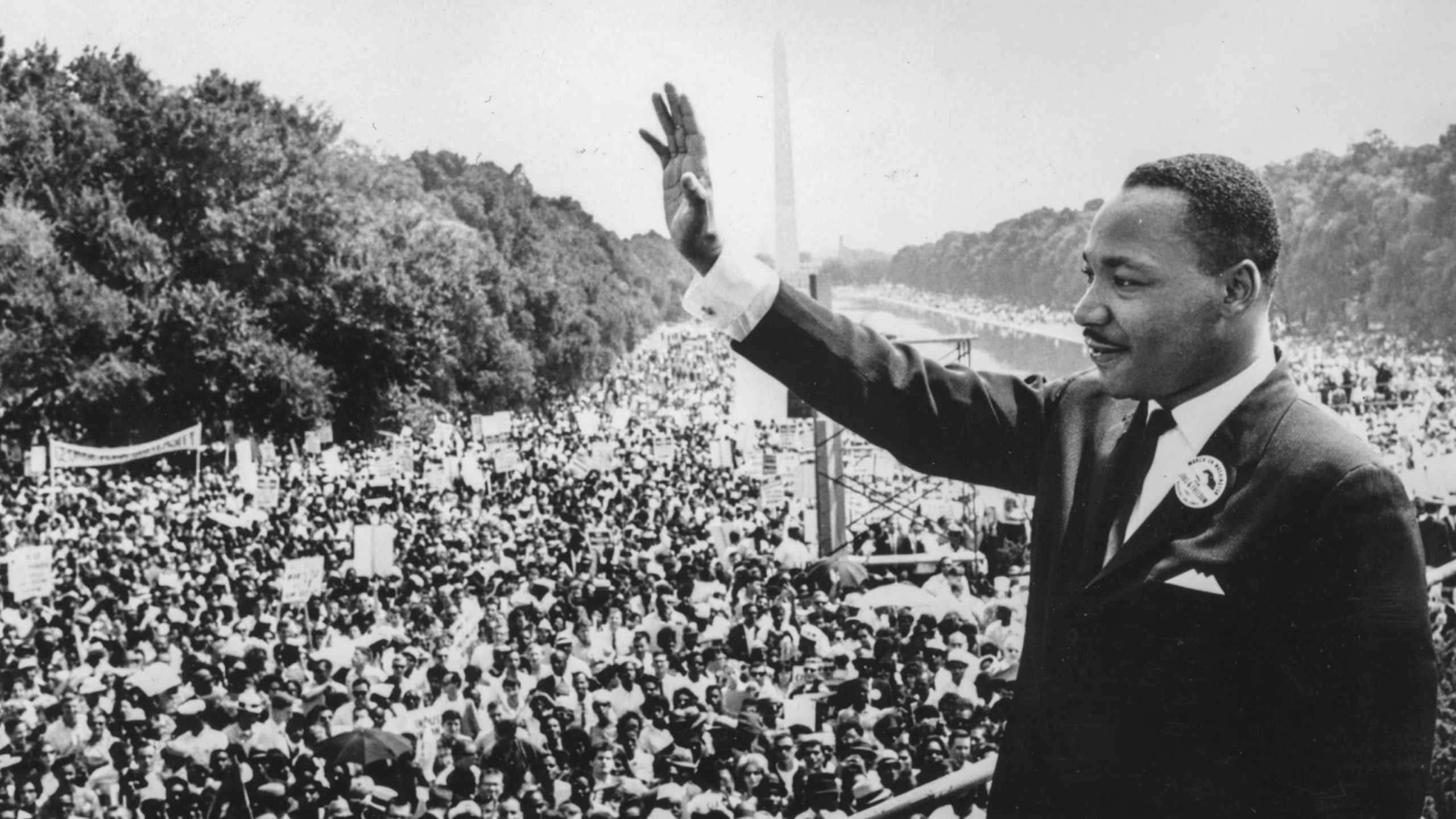
Martin Luther King Jr. was not only a prominent civil rights leader but also a passionate advocate for labor rights and economic justice in America. His views on labor were an integral part of his broader commitment to equality, justice, and human dignity for all people. He understood the deep connection between economic empowerment and the fight for civil rights, emphasizing that the liberation and advancement of African Americans and other marginalized groups were intertwined with the struggle for labor rights.
Economic Justice and Civil Rights
King recognized that economic justice was essential to achieving equality and civil rights for African Americans and other marginalized communities. He argued that economic inequality perpetuated racial inequality and that the civil rights movement must address economic disparities alongside racial injustice. For King, true freedom included the ability to earn a fair wage and achieve economic security.
Advocacy for Workers’ Rights
King was a vocal proponent of workers’ rights, including the right to organize, form unions, and bargain collectively. He viewed these rights as fundamental to ensuring fair wages, safe working conditions, and protection against exploitation. King’s support for workers’ rights was rooted in his belief that economic justice was crucial for social justice, and that workers deserved to be treated with respect and dignity.
Support for Labor Movements
Throughout his career, King supported various labor movements and strikes. He believed that labor movements were vital for achieving social and economic justice and saw them as part of the broader struggle for civil rights. His involvement with labor movements included speaking at rallies, lending his voice to worker causes, and participating in marches and demonstrations.
One of the most notable instances of King’s support for labor movements was his involvement with the 1968 sanitation workers’ strike in Memphis, Tennessee. The sanitation workers were striking for better wages and working conditions, as well as recognition of their union. King’s support for the strike highlighted his commitment to labor rights and his belief in the dignity of work.
The Importance of a Living Wage
King strongly advocated for a living wage for all workers, arguing that a just society must ensure that all its citizens have access to necessities such as food, shelter, and healthcare. He believed that a living wage was essential for workers to lead dignified lives and support their families.
In his speeches and writings, King emphasized the moral and economic imperatives of providing a living wage. He argued that workers deserved fair compensation for their labor and that economic justice was a critical part of achieving racial equality.
The Poor People’s Campaign
In the final years of his life, King launched the Poor People’s Campaign, an initiative aimed at addressing the root causes of poverty in America. The campaign sought to bring together people of all races and backgrounds to demand economic justice and challenge the systems that perpetuate poverty.
King’s vision for the Poor People’s Campaign included advocating for policies that would provide economic opportunities and lift people out of poverty. These policies included guaranteed employment, a fair minimum wage, access to affordable housing, and healthcare for all. The campaign emphasized the need for systemic change to create a more equitable society.
The intersection of Labor and Civil Rights
King emphasized the deep connection between labor rights and civil rights. He believed that improving conditions for workers would benefit all citizens and that labor rights were a fundamental part of the broader struggle for equality. King argued that the fight for civil rights must include economic justice and the rights of workers.
His advocacy for the rights of workers and economic justice extended to all workers, regardless of their race or background. He believed that all workers deserved respect and fair treatment and that labor rights were essential for achieving a just and equitable society.
Legacy
King’s commitment to labor rights and economic justice was a central part of his legacy. His efforts to support workers’ rights, advocate for a living wage, and address economic inequality have continued to inspire labor movements and advocates for economic justice today. His legacy serves as a reminder that the fight for civil rights and labor rights are intertwined and that the pursuit of justice must include economic empowerment for all.


